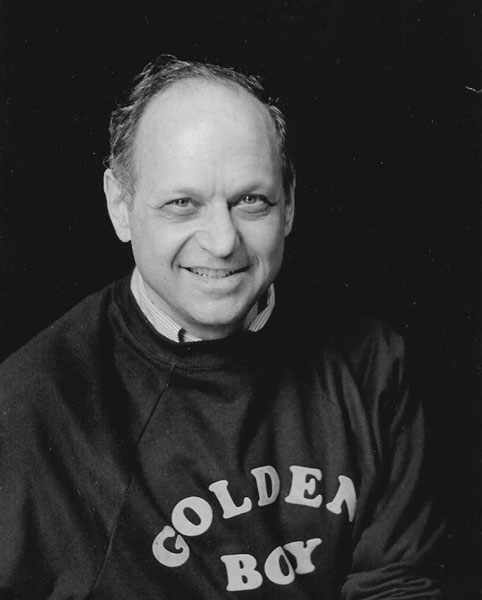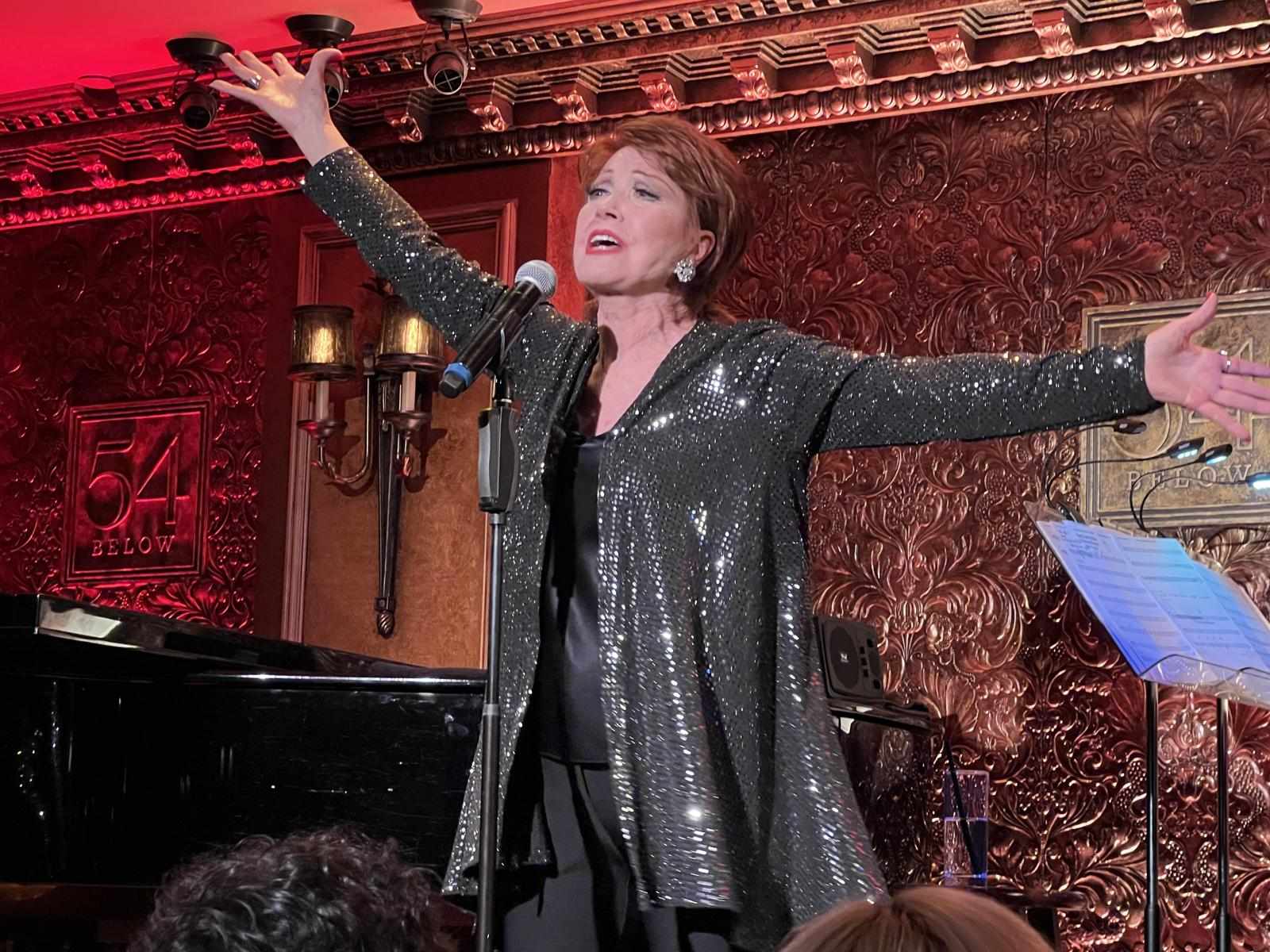
July 15, 2020: Theatre Yesterday and Today
With theatre around the world suspended for the most part until the Covid-19 crisis is abated, it's a strange sight to live in New York City as I do and see the marquees for the biggest hits on Broadway still up, but unlit. Hamilton, The Lion King and Wicked are all dark. And when those theatres, or the other thirty-eight Broadway houses will be filled to the rafters again is anybody's guess.
Yet even in good times, with the exception of a few hits, the summer months on Broadway have never been the favorite time of year for producers. With the Broadway season unofficially ending each season, when the official Tony Awards are televised in early June, the rest of the month as well as all of July and August are considered a poor time to open anything. Sure there are exceptions, but more often than not, producers look to the fall and spring to open their shows. And in the time before modern air-conditioning was invented, it was common for Broadway shows to take a few weeks off in the summer. An ad in the August 26, 1956 New York Times Broadway listing proclaimed that the hit Paddy Chayefsky drama Middle of the Night, starring Edward G. Robinson, would "Return in a week!", a practice that was common in the dog days of summer prior to the invention of modern air-conditioning.
And what did audiences do in the old days when a theatre got hot? They sat and fanned themselves, that's what they did. And in stock all across the country, where temperatures outside were often in the high nineties made for advertising which I found pretty funny while researching this column. Here some examples from the New York Times listings on August 25, 1945:

Note that Connecticut's Montowese Playhouse's No Time for Comedy boasted how it was "Air-Cooled by Sea Breezes." Truth in advertising, one hopes. Or below, read how the Bucks County Playhouse attempted to lure its audiences:

What exactly was the "Latest Type Cooling Plant," advertised at the Bucks County Playhouse's production of "The Firebrand," starring Louis Calhern? We'll probably never know. Hopefully things in New Hope, Pennsylvania were a step above "Air-Cooled," which was the phrase back in the day. This was nothing more than fans that blew over enormous blocks of ice, a method not merely relegated to summer stock, but used on Broadway well into the 1950s,
The Priscilla Beach Theatre where I am employed every summer (except this one for obvious reasons) is in Plymouth, Massachusetts. It reopened its doors as a summer stock theatre in 2015 after years of disrepair. Built as part of a working farm in 1875, it was a hundred years old when I first showed up as a seventeen-year-old back in 1975 to perform in a summer of musicals, and I paid little attention to what bad shape it was in. It was all far too romantic for that sort of reality to rear its ugly head. Offering "theatre in a barn" since the 1930s, the likes of Gloria Swanson and Veronica Lake were on the PBT stage in its heyday and, in the years that followed, apprentices such as future Academy Award winning actors Paul Newman and Estelle Parsons played tiny parts. Even Albert Brooks and Rob Reiner, who came during a summer they had off between junior and senior year at Beverly Hills High School, played in Enter Laughing together (not-so-coincidentally written by Rob's dad, the late Carl Reiner).

For the three summers I performed there in the mid-70s the theatre had no air conditioning. I don't even think we used fans since we had no microphones and they would have drowned out the sound. Luckily, audiences accustomed to the heat, didn't complain. So when we reopened our great barn doors with Fiddler on the Roof five summers ago, true to form, there was no air conditioning. Of course the weekend opening was during a heat wave and the slightly shocked patrons were a bit disturbed by this discomfort and complained angrily and immediately. At first I couldn't understand what made modern audiences so testy about this, but then remembered that a half-century ago there was a very different sensibility at play. Automobiles were sold without these comforts on a regular basis. Power windows and air conditioning were extras—and a huge number of new car owners simply opted out to save money. Now with air conditioning everywhere, audiences in Plymouth wanted that comfort and they wanted it now!
And "now" is what they got when an entire air conditioning system was installed in less than a week's time by the theatre's producer.
As the saying goes: the show must go on—and cooly, whenever possible.
If you enjoy these columns, check out Up in the Cheap Seats: A Historical Memoir of Broadway, available at Amazon.com in hardcover, softcover and e-book. Also sign up to follow me here, and feel free to email me with comments or questions at Ron@ronfassler.org.





















Write a comment ...